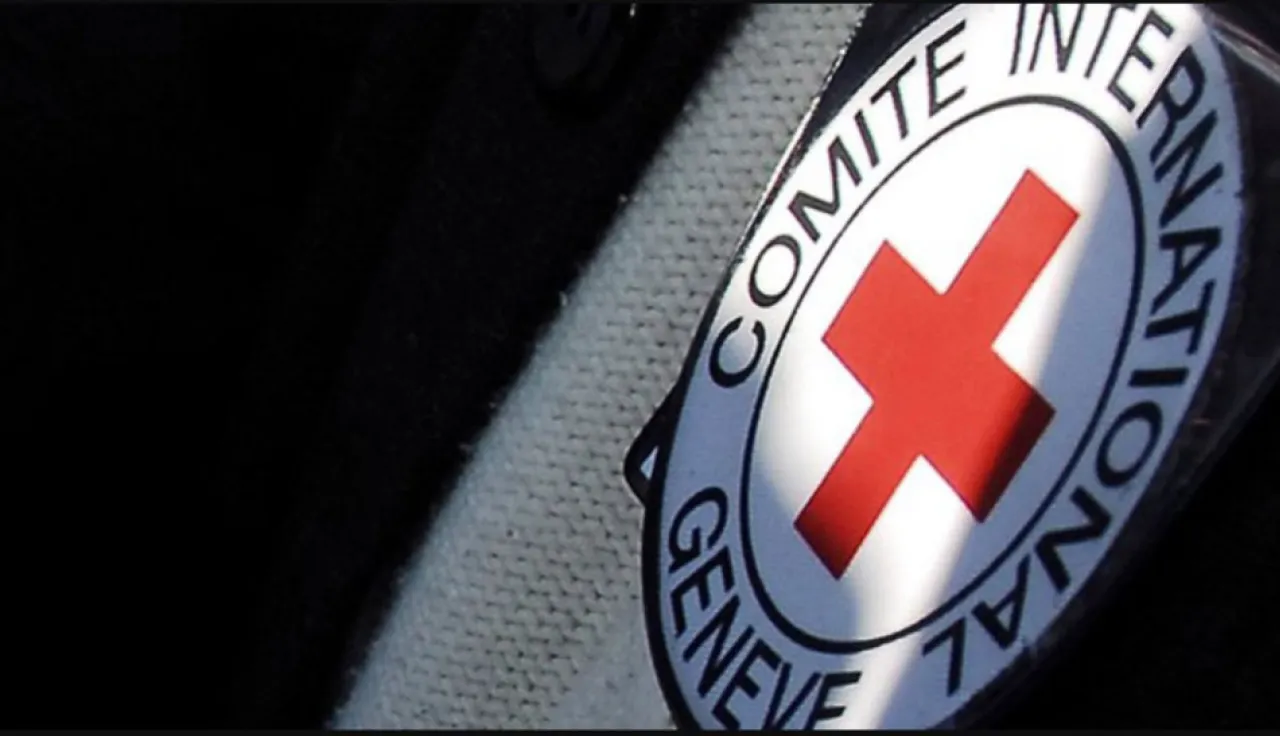Chair,
The International Committee of the Red Cross (ICRC) unequivocally condemns acts of terrorism of all forms, no matter whether they occur during or outside of armed conflict and irrespective of the perpetrators. International humanitarian law (IHL) prohibits terrorism in the context of international and non-international armed conflicts: acts of violence, or threats of violence, the primary purpose of which is to spread terror among the civilian population, are prohibited. These prohibitions apply to all parties to armed conflict, State and non-State parties alike. Terrorism violates IHL.
Chair,
The ICRC recognizes the legitimacy for States to take responsive action, in conformity with international law, to counter terrorism and ensure their security and that of their population.
However, we have seen that counter-terrorism (or “CT”) measures can negatively impact humanitarian action. The risk exists when humanitarian activities conducted by impartial humanitarian organizations such as the ICRC, are considered as a form of support to terrorism. This may result in the criminalization of humanitarian activities which are foreseen, authorized and protected under IHL. Such activities include for instance the delivery of food assistance to civilians, providing medical assistance to wounded and sick persons, supporting the delivery of essential services such as water or electricity to the civilian population, but also visits to people deprived of liberty, their repatriation, reuniting families or IHL training.
Resolution 2462 and 2482 adopted by the UN Security Council oblige Member States to ensure that all measures taken to counter terrorism comply with their obligations under international law, including IHL, and to take into account the potential effects of counterterrorism measures, in particular when designing and implementing measures to counter the financing of terrorism, on exclusively humanitarian activities, including medical activities, that are carried out by impartial humanitarian actors in a manner consistent with IHL. The ICRC has already expressed its appreciation with this important clarification, which is also reflected in UN General Assembly’s 8th Review of the Global Counter Terrorism Strategy Resolution of June 2023.
Over the last years some important steps have been undertaken at various levels to limit the negative consequences of CT measures on impartial humanitarian activities. For instance, the African Union's "African Model Anti-Terrorism Law" references and protects “humanitarian assistance and other services of a similar nature […] done in an impartial manner without adverse distinction”. The European Union has exempted impartial humanitarian organizations referenced in IHL treaties from its Directive on Combatting Terrorism.
Some Member States have also adopted measures at domestic level to protect the humanitarian space from unwanted consequences of CT measures, notably through the inclusion of humanitarian exemptions in their CT criminal laws. Such exemptions safeguard the exclusively humanitarian activities carried out by impartial humanitarian organizations from the scope of CT measures. Based on the ICRC’s experience, this is the most helpful manner to reconcile such measures with IHL and to protect impartial humanitarian activities from adverse impact of such measures. However only a limited number of Member States have adopted such humanitarian exemptions. In the ICRC’s view, more efforts have still to be undertaken.
Chair,
The ICRC looks forward to continued discussions with States and with UN bodies in order to strike the proper balance between CT measures and the urgent need for impartial humanitarian action.
Thank you Chair.

